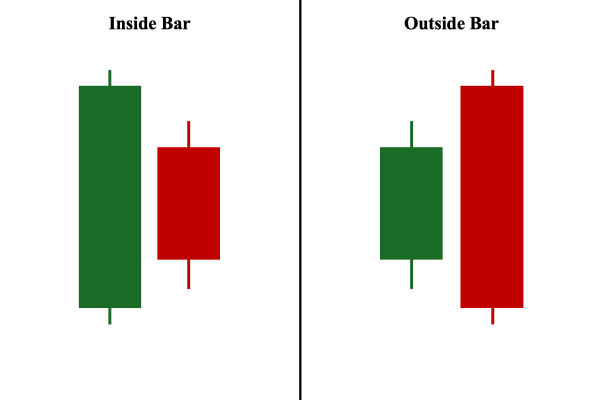Realized gains and losses in stocks refer to the actual gains or losses that
investors receive when they sell their stocks at a certain point in time. Simply
put, it refers to the profit and loss amount calculated based on the difference
between the buying and selling prices after the investor has sold and settled
the stocks they hold.

For example, if an investor purchases 100 A-shares at a purchase price of $10
per share, the total cost is $1000. Later, he sold these stocks at a price of
$15 per share, earning $1500. In this case, his realized profit is $500 ($1500
selling price minus $1000 buying price).
Realizing gains and losses is different from unrealized gains and losses for
completed transactions. Unrealized gains and losses refer to positions that have
not yet been closed, and their value may vary with market fluctuations. Only
when closing positions, unrealized gains and losses will become realized gains
and losses.


























